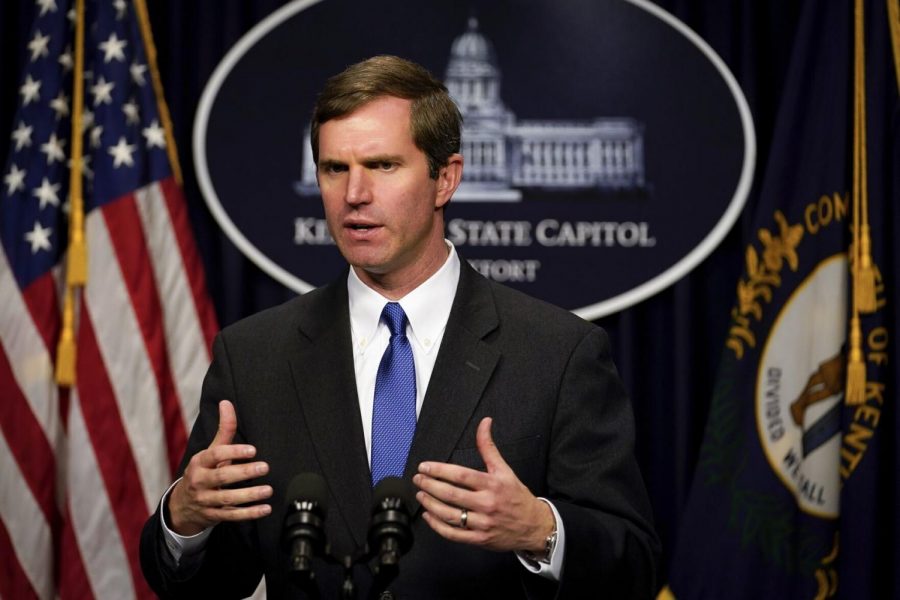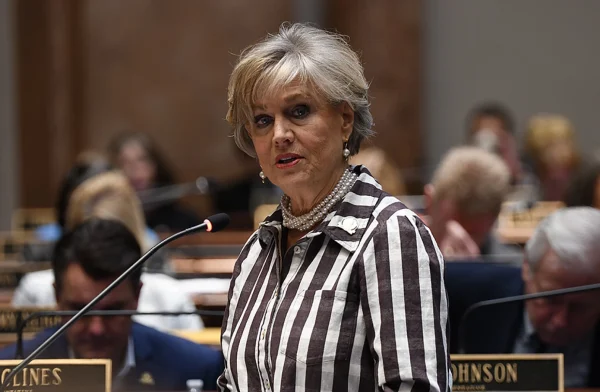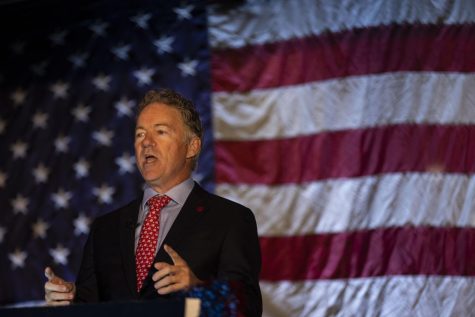Beshear waiting to make decision on Kentucky school choice
March 23, 2021
(The Center Square) – Kentucky Gov. Andy Beshear brought out his veto pen again Tuesday, but he told reporters a decision whether to sign a school choice bill will likely come Wednesday.
That announcement came after some leading education officials held a press conference earlier Tuesday calling on the Democratic governor to veto House Bill 563. The bill would establish education opportunity accounts, which would be funded by tax-exempt contributions.
Eligible families would be able to apply for an account and use the funding for eligible education expenses. That includes covering costs to send children to out-of-district public schools or, in some instances, private schools.
Funding for the accounts would be capped at $25 million.
“It appears that that just about the entire education infrastructure, which aside from the big teacher pension cut of a couple years ago, is almost never all on the same page, appear to all oppose it,” the governor told reporters. “So, I’m going to make sure that I hear all the voices that are out there as we do our final analysis.”
The bill made it to his desk after a 48-47 House vote last week. If Beshear vetoes it, Republicans would need simple majorities in both chambers for an override. In the House, that means 51 votes.
Jefferson County Public Schools Superintendent Marty Pollio was joined by other superintendents from the state at a press conference, where they called on state leaders to fully fund public education.
Houston Barber, superintendent of Frankfort Independent Schools, told reporters he and other public education leaders have serious reservations about the bill.
“We cannot accept that public dollars will go to private school funding, private school options,” he said. “We believe there should be a choice, there’s no doubt, but in our minds, public school funding is dedicated to just that, public schools.”
The bill has support from such groups as EdChoice Kentucky, the Bluegrass Institute for Public Policy Solutions and Americans for Prosperity-Kentucky.
Michael Conway, AFP-KY’s state director, told The Center Square every child regardless of where they live deserves access to a quality education.
“We are thrilled the legislature has acted to expand educational freedom and opportunity to Kentucky’s students, and we urge Governor Beshear to put students ahead of special interest groups and sign it into law,” Conway said. “His support will make a direct and positive impact on thousands of children in our state.”
Among the bills Beshear vetoed Tuesday was House Bill 312, which made changes to the state’s open records laws. Among the changes the bill sought to make was limiting public records access to only Kentucky residents, although it does carve out exemptions for media and individuals who work or own land in the state.
The bill also removes Franklin Circuit Court as the appellant body for requests of legislative records. Instead, legislators who oversee the Legislative Research Commission would have final authority.
“It defeats the entire purpose of the Kentucky open records act, which exists to ensure people’s right to know how their government operates,” Beshear said.
Beshear has the rest of this week to veto bills sent to him from the legislature. Lawmakers will return to Frankfort on Monday for a two-day session to consider overriding those vetoes and consider other legislation.
On Monday, Beshear vetoed bills that would have stripped executive authority, including one that would place strict limits on who a governor could choose to fill a vacant U.S. Senate seat. He took those bills personally, noting that they were passed by Republican legislative majorities.
Late Monday, House Speaker David Osborne, R-Prospect, chided Beshear for those actions, saying it shows he does not want to work with anyone who disagrees with him.
“The executive branch is just one of our state’s three branches of government, and each possesses a specific responsibility and corresponding authority,” the speaker said. “In the midst of a global pandemic, Kentuckians sent supermajorities to represent them in the House and Senate. They sent us here to enact good long-term public policy, restore common sense to our state government, and serve as a check to his attempts to unilaterally decide the will of the people. We fully intend to continue doing so.”
























